Educating is not easy, but what we do not doubt is how rewarding it is, even more so if we consider the time and effort that has been put into the hard work for our children to be successful at school.
All parents long for their children to perform well academically, but support and accompaniment by them in the process of teaching children learning is indispensable for this.
There’s no magic formula that makes kids great in their grades, but if there are actions that can help improve school learning and performance.
We must take into account that each child is different, with skills and abilities, which are essentialis to discover them and help to enhance in those that have difficulty; also, each has a different rhythm of learning, so we must respect and take action from that.

For this reason, here are some ways to help your child succeed in school:
1. Set schedules and organize activities.
As a starting point, the conduct of a schedule of school activities is of vital importance, in order to be able to properly distribute the hours of the day, and to devote the necessary time to each activity.
We should not set aside the recreational part, which is necessary in the physical and mental development of the child, this helps to channel stress and anxiety that can generate the daily life and the demand of academic activities.
Also, in this way we teach children the organization and management of time, making them responsible, productive and able to properly manage stress, this avoiding the development of psychological alterations and helping them to be successful at school.

2. Help develop study habits
Study habits in one of the key points for satisfactory academic performance and for children to be successful at school, since they allow to gradually consolidate knowledge at an adequate and progressive pace; for that reason it is important to influence children who adopt habits. The child should review daily the contents seen in the school day, emphasizing those topics where there has been greater difficulty of understanding.
Habits in general help establish order, loyalty, and effort in people’s lives.
To establish a habit you need to perform a certain activity, at the same time every day in a period of three manas while still performing it a single, similar when we teach the child the habit of brushing his teeth three times a day.
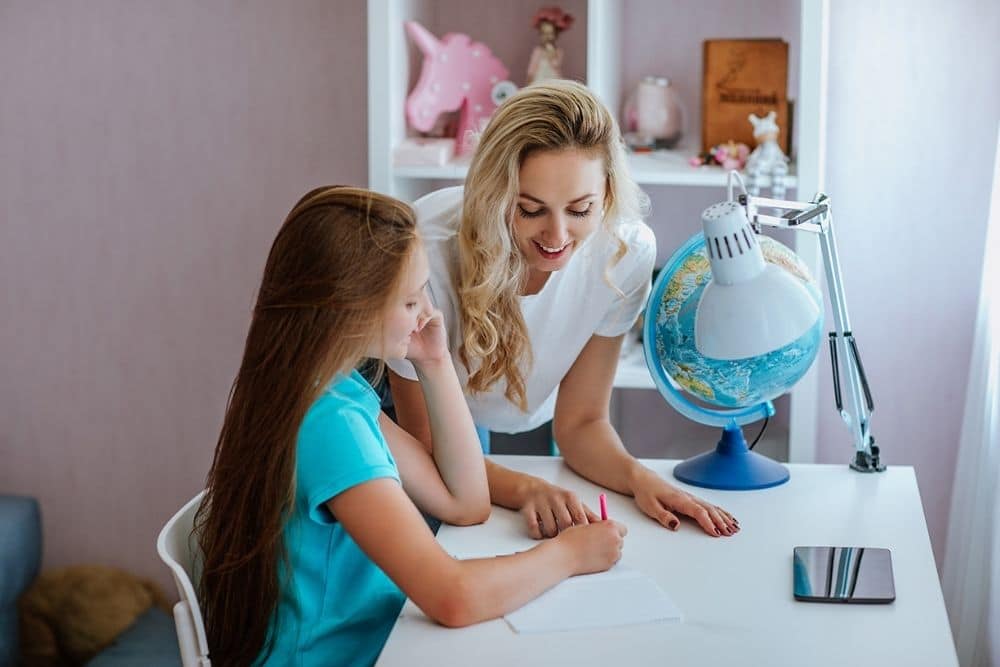
3. Look for ways to remove barriers to learning
It is not to be frightened or to worry if the child is diagnosed with any learning problems, we must take it in the best way, in this way we can act appropriately and adapt the study material according to the need that the child presents.
It is recommended to inform the child’s teachers about the difficulty in creating a plan that fits the need and is feasible to improve a child’s learning. It’s not an easy task but it’s not impossible either, it’s a multidisciplinary teamwork.
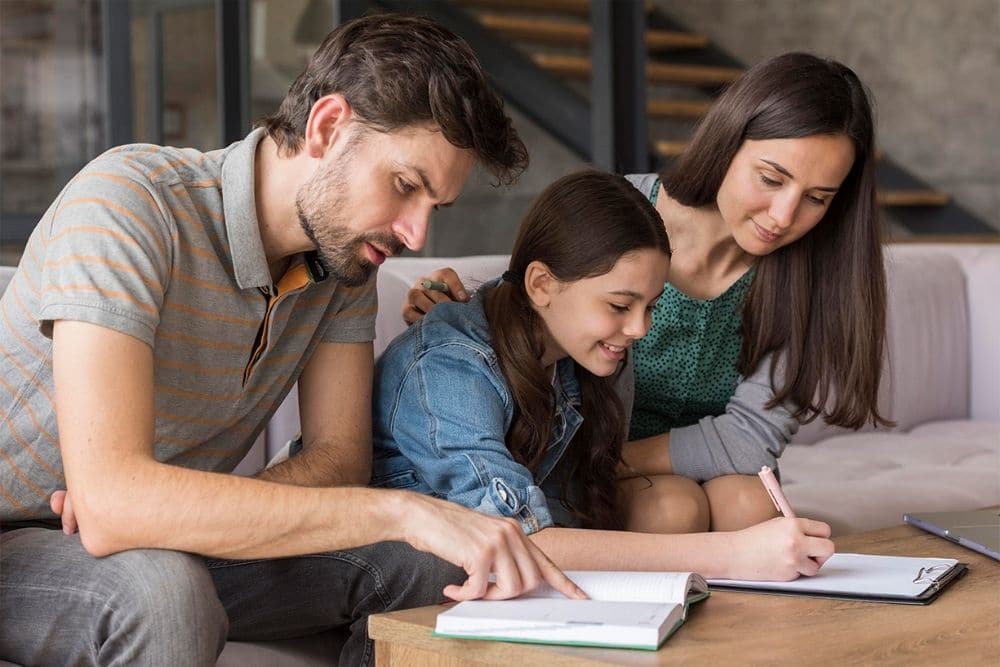
4. Take into account the time of concentration according to age
Depending on the stage of cognitive development the child is in, so will the time interval in which you can keep your attention on the information presented to you and ignore the distractors around you.
In addition, keep in mind that intervals of 15 minutes of rest between activities can be given, so that the child can snack, meet their basic needs, play, among other activities; this helps you clear your mind, avoid frustration and prepare it for the next attention period.
Keep in mind that:
- 0 to 1 year: 2 to 3 minutes.
- 1 to 2 years: 7 to 8 minutes.
- 2 to 3 years: up to 10 minutes.
- 3 to 4 years: up to 15 minutes.
- 4 to 5 years: up to 20 minutes.
- 5 to 6 years: up to 25 minutes.
- 6 to 8 years: up to 30 minutes.
- 8 to 10 years: up to 45 minutes.
- 10 to 12 years: up to 55 minutes.
- 12 years and older: up to 1 hour.
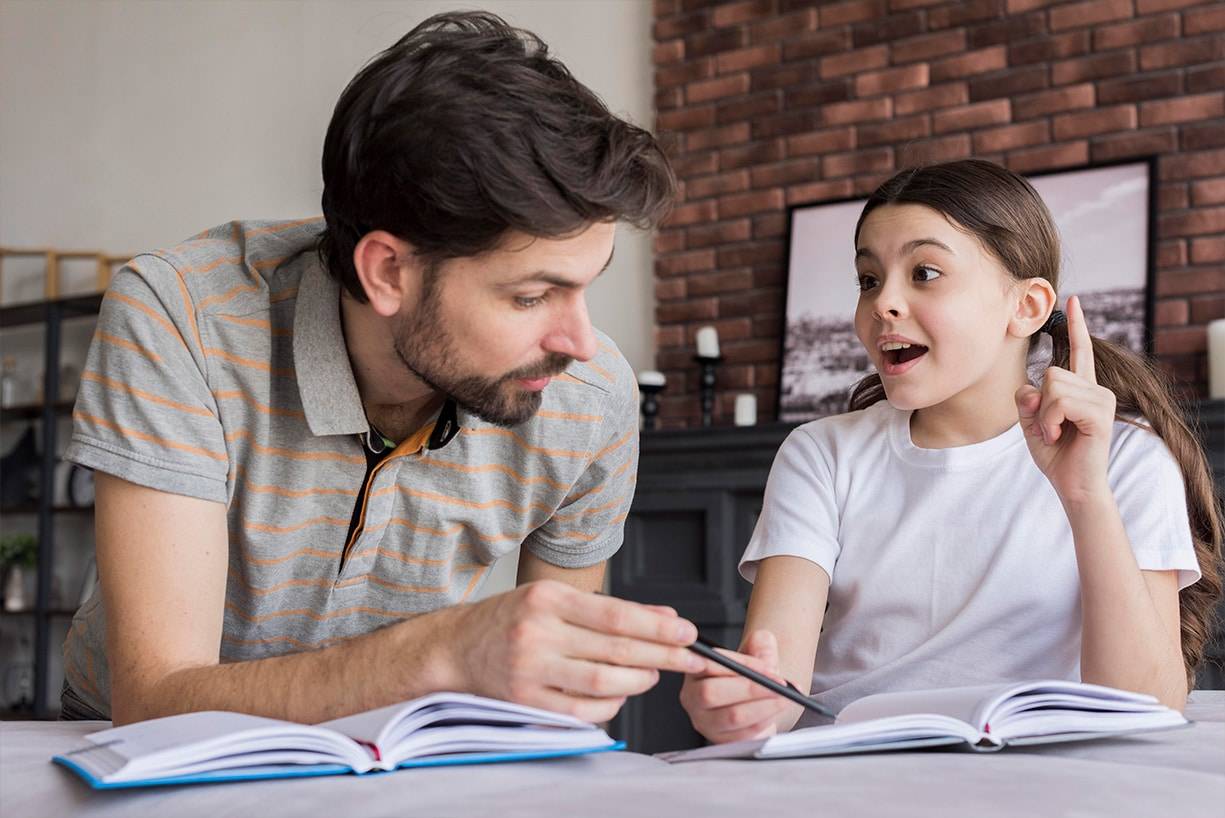
5. Encourage self-taught behavior in the child
Being self-taught is a safe bet that in the future we will have an autonomous adult, with motivation and goals, which you will get for the effort and satisfaction of learning. This is perfect for the child to be successful at school.
Self-taught behavior is the opposite of setting limits on learning, it is to enhance a person’s cognitive development at their own pace and find learning methods that meet their needs.
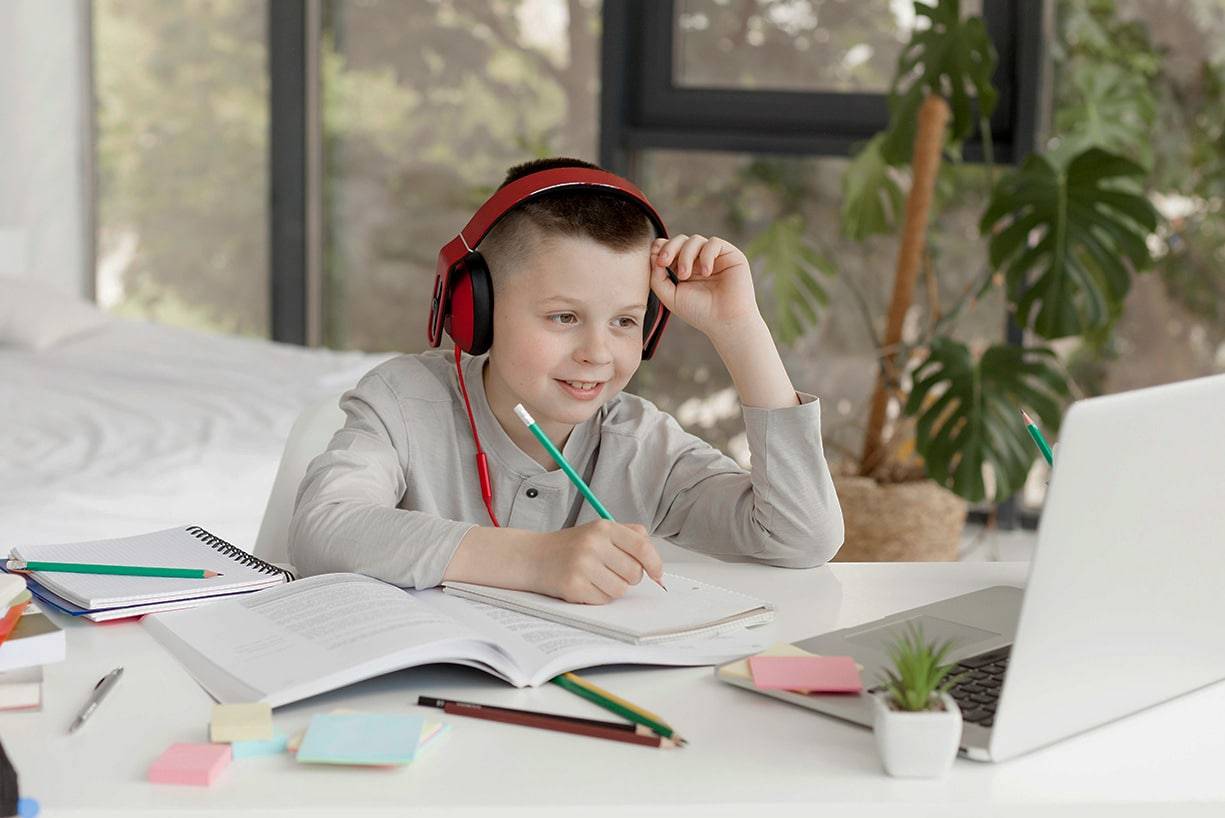
6. Maintain communication with the teacher
We should not leave aside the communication with the teacher, because, it will be the guide to the teaching process that the father will execute for the reason of the pandemic, so will be the perfect ally to obtain good results in this process, since it is a very important task for the future of the child.
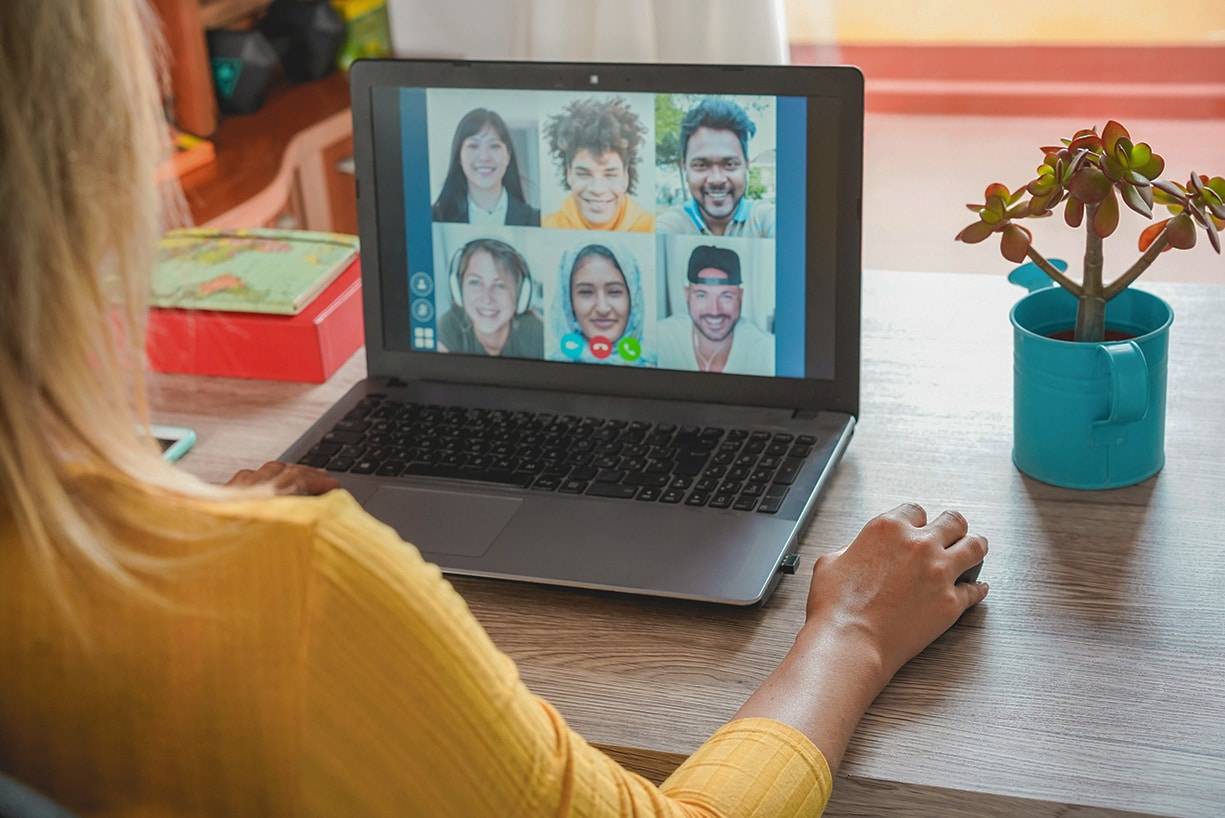
What better way to teach the child all these recommendations by example, because, they learn by observation, so you are their role model.
You may also read

How to support someone in the fight against breast cancer
Give support in the fight against cancer For many people, supporting someone they love during the hard fight against cancer is something truly meaningful, since usually having family support is the only way they can face that difficult reality. When first receiving...

Unnecessary objects to remove from the home
Eliminate unnecessary objects A big problem is accumulating unnecessary objects in your home. This makes cleaning routines tedious and time-consuming. A good habit that should be adopted in your daily life, and that is to avoid at all costs accumulating unnecessary...


